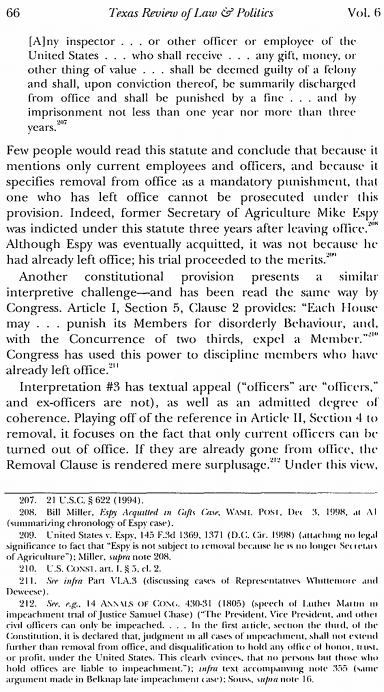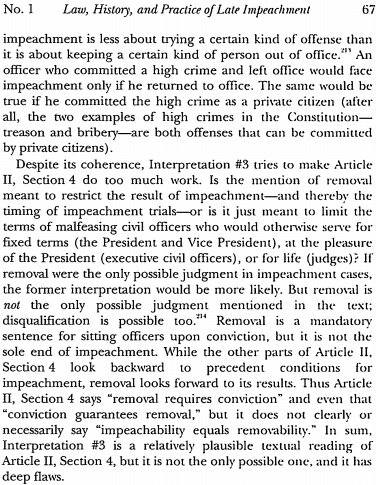Seeing speculation on double presidential vacancies and the 25th amd. Time for a thread.
1. 25th amd. §§ 3-4 transfer power to the VP when the president is "unable," and transfer it back when he recovers. But they don't apply when a VP acting as president becomes "unable."
1/4
1. 25th amd. §§ 3-4 transfer power to the VP when the president is "unable," and transfer it back when he recovers. But they don't apply when a VP acting as president becomes "unable."
1/4
That is, 25A doesn't operate to transfer power further down the line of succession. As my book (tinyurl.com/y4r3xlhy) describes, the amendment's drafters wanted to keep it simpler.
But Article II and the line of succession statute still apply. My book explains how we...
2/4
But Article II and the line of succession statute still apply. My book explains how we...
2/4
would likely proceed if the pres. and VP were both "unable": the Speaker would invoke Article II and try to use a process that replicated 25A as closely as possible (Cabinet majority; in a dispute, 2/3 congressional majorities needed to back the Speaker) to legitimize it.
3/4
3/4
Postscript: There are constitutional doubts about the 1947 succession law. If circumstances were just so—but only if they were just so—we might see a terrifying power struggle between the Speaker and Secretary of State. That's Ch. 4 of my 2012 book (tinyurl.com/y6ogj45v).
4/4
4/4
• • •
Missing some Tweet in this thread? You can try to
force a refresh






